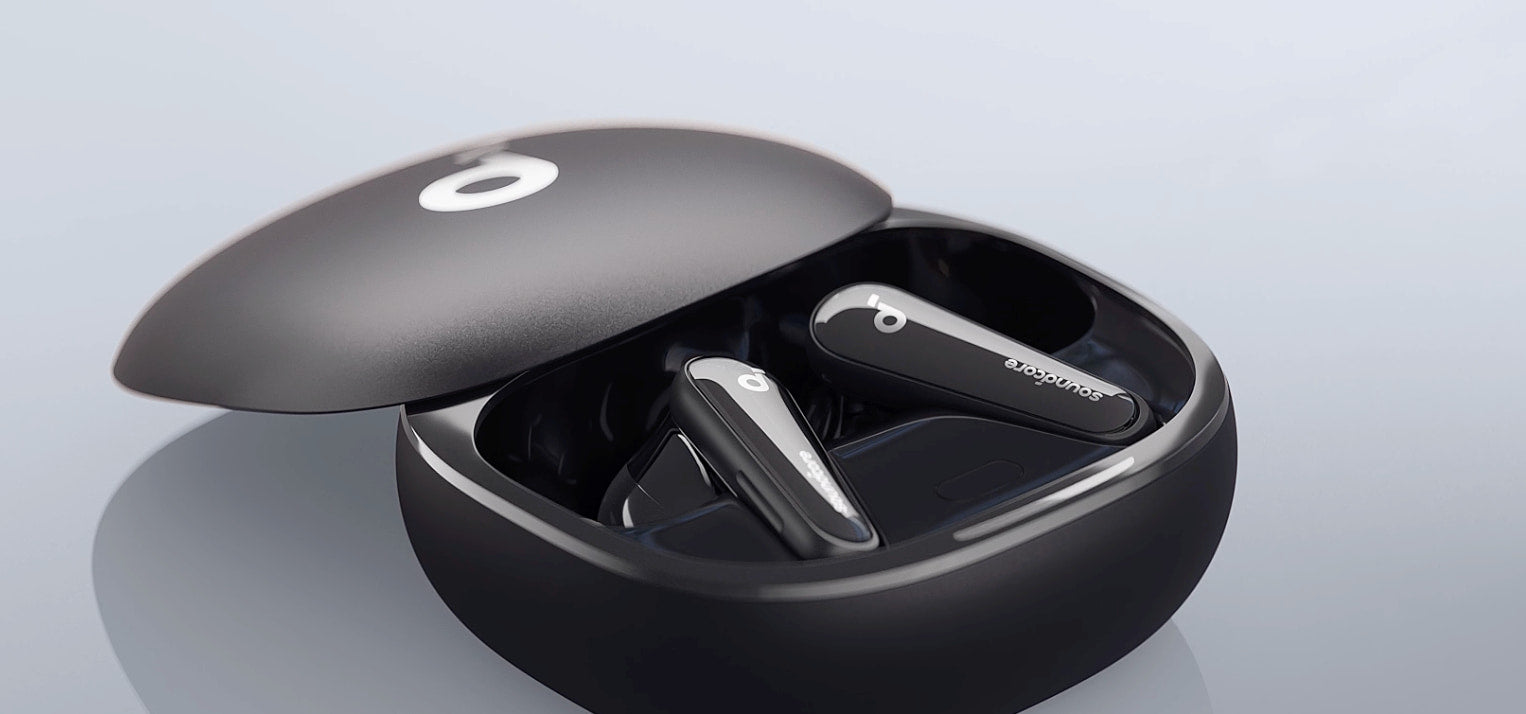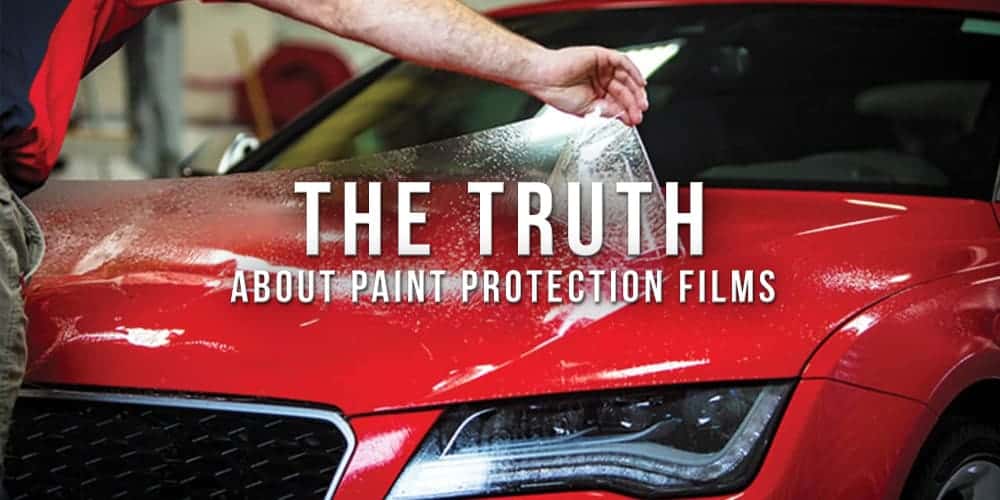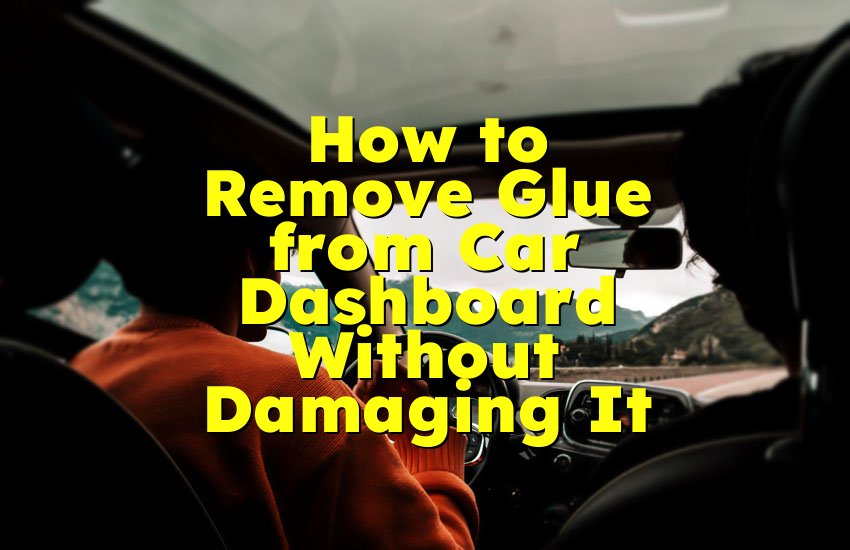As an Amazon Associate, I earn from qualifying purchases at no extra cost to you.
Will Rubbing Alcohol Damage Car Paint? The Truth Unveiled!
Rubbing alcohol can damage car paint if it is not used properly. It can strip off the protective wax coating and dull the paint.
Rubbing alcohol is a common household item that is often used for cleaning and disinfecting. It’s also sometimes used to remove stubborn stains and grime from car surfaces. However, when it comes to using rubbing alcohol on car paint, there are some important considerations to keep in mind.
Using rubbing alcohol on your car’s paint can potentially damage the finish if not used correctly. We’ll explore whether rubbing alcohol can damage car paint and discuss how to safely use it for cleaning and maintaining your vehicle’s exterior. Understanding the potential risks and best practices for using rubbing alcohol on car paint can help you keep your vehicle looking its best while avoiding unnecessary damage.

Credit: us.soundcore.com
What Is Rubbing Alcohol?
Rubbing alcohol, also known as isopropyl alcohol, is a common household item used for cleaning and disinfecting. Its versatile nature makes it a popular choice for various applications, but can it potentially harm car paint?
Composition And Uses
Rubbing alcohol is composed of 70% isopropyl alcohol and 30% water, making it an effective solvent for removing dirt, grease, and grime. Its fast evaporation rate and ability to dissolve substances make it an ideal option for cleaning surfaces.
Composition And Uses
Rubbing alcohol is composed of 70% isopropyl alcohol and 30% water, making it an effective solvent for removing dirt, grease, and grime. Its fast evaporation rate and ability to dissolve substances make it an ideal option for cleaning surfaces.

Credit: medium.com
Effects Of Rubbing Alcohol On Car Paint
Rubbing alcohol is often used as a cleaning agent due to its ability to dissolve oils and remove dirt. However, it is essential to understand the potential effects of using rubbing alcohol on car paint. This section will discuss the potential risks and common misconceptions surrounding the use of rubbing alcohol on car paint, shedding light on the impact it can have on your vehicle’s exterior.
Potential Risks
Using rubbing alcohol for cleaning car paint can pose certain risks that car owners should be aware of. When applied directly, rubbing alcohol can potentially strip off the protective wax and clear coat, leaving the paint susceptible to damage from environmental elements. Additionally, frequent use of rubbing alcohol might lead to the fading and dulling of the paint, ultimately diminishing the overall aesthetic of the vehicle. It’s crucial to exercise caution when using rubbing alcohol on car paint to prevent potential damage.
Common Misconceptions
One common misconception surrounds the belief that rubbing alcohol is safe for cleaning car paint due to its ability to effectively remove contaminants. However, this misunderstanding overlooks the potential harm rubbing alcohol can cause to the protective layers of the paint, leading to long-term damage. Another misconception is the assumption that using rubbing alcohol will result in a spotless and gleaming paint surface, neglecting the adverse effects it can have on the paint’s longevity and appearance.
Alternatives To Rubbing Alcohol
Using rubbing alcohol on car paint may damage the finish over time. Here are some safe alternatives to rubbing alcohol for cleaning your car:
Safe Cleaning Products
When it comes to keeping your car’s paint in top condition, it’s important to choose safe cleaning products. Opt for gentle soaps specifically made for automotive use.
Avoid harsh cleaners containing solvents or abrasives, as they can strip the protective layer of your car’s paint.
Best Practices For Paint Maintenance
Regularly wash your car with a mild soap and water to remove dirt and grime without damaging the paint.
Consider using a clay bar to remove contaminants without scratching the paint surface.
- Apply a protective wax or sealant to maintain the shine and protection of your car’s paint.
- Park your car in the shade to prevent UV damage to the paint.
By following these best practices, you can preserve the integrity of your car’s paint without the need for rubbing alcohol.

Credit: avalonking.com
Debunking Popular Myths
There are many myths and misconceptions when it comes to caring for your car’s paint. One common belief is that rubbing alcohol can damage car paint. In this article, we will debunk this myth and provide you with the facts.
Common Beliefs Vs. Facts
Myth: Rubbing alcohol will damage car paint.
Fact: Contrary to popular belief, rubbing alcohol does not damage car paint when used correctly. Rubbing alcohol is a common household solvent that is safe and effective for removing dirt, grime, and even some stains from car paint.
Myth: Rubbing alcohol can strip off the clear coat.
Fact: The clear coat is the protective layer on top of the car’s paint that helps to prevent damage from elements like the sun and chemicals. Rubbing alcohol is not strong enough to strip off the clear coat when used as intended. It is important to use rubbing alcohol sparingly and with a soft cloth to avoid any potential damage.
Myth: Rubbing alcohol can cause discoloration.
Fact: Rubbing alcohol does not cause discoloration on car paint. It is a safe solvent that evaporates quickly, leaving no residue behind. However, it is always a good idea to test any cleaning product on a small, inconspicuous area of your car’s paint before using it on the entire surface.
Myth: Rubbing alcohol is the best solution for removing stains on car paint.
Fact: While rubbing alcohol can be effective for removing certain stains, it is not always the best solution for every type of stain. Different types of stains may require different cleaning methods or products. It is important to carefully assess the type of stain and consult the appropriate cleaning guidelines before attempting to remove it.
Myth: Rubbing alcohol can be used as a substitute for car cleaning products.
Fact: While rubbing alcohol can be used for some cleaning tasks, it is not a substitute for dedicated car cleaning products. Car cleaning products are specifically formulated to be gentle on car paint and provide the best results. It is recommended to use car-specific cleaning products for regular maintenance and to keep your car looking its best.
Conclusion
Now that the myths surrounding the use of rubbing alcohol on car paint have been debunked, you can feel confident in using this versatile solvent for certain cleaning tasks. However, always remember to use rubbing alcohol sparingly, apply it with a soft cloth, and test it on a small area of your car’s paint before using it on the entire surface. When in doubt, consult the manufacturer’s guidelines or seek professional advice to ensure the best care for your car’s paint.
Tips For Safely Using Rubbing Alcohol
When using rubbing alcohol on car paint, it’s essential to follow safety measures to avoid damage. Always dilute the rubbing alcohol with water, apply it gently, and avoid prolonged exposure. This will help ensure that the alcohol effectively removes grime without harming the car’s paint.
Precautionary Measures
Appropriate Application
When it comes to maintaining the exterior of your car, preventing damage is crucial. Rubbing alcohol can be a great tool for cleaning and removing residue, but it’s important to use it properly to avoid any harm to your car paint.
Precautionary Measures
Before you start using rubbing alcohol on your car, there are a few precautionary measures to keep in mind:
- Always test a small, inconspicuous area of your car paint before applying rubbing alcohol to the entire surface.
- Make sure to use rubbing alcohol that is specifically labeled as “Isopropyl Alcohol” with a concentration of 70% or less. Higher concentrations can be too harsh for car paint.
- Wear protective gloves to avoid direct contact with your skin.
- Work in a well-ventilated area to prevent inhaling fumes and ensure proper drying of the alcohol.
- Avoid using rubbing alcohol on damaged or cracked paint, as it can worsen the condition.
Appropriate Application
Applying rubbing alcohol to your car paint requires a careful approach to achieve optimal results without causing any damage:
- Start by diluting rubbing alcohol with water in a 1:1 ratio. This will ensure a milder solution that is less likely to harm the paint.
- Use a soft microfiber cloth or sponge to apply the diluted rubbing alcohol to the affected area. Avoid applying excessive pressure or rubbing too vigorously, as this can lead to paint scratches.
- Gently wipe the surface in a back-and-forth motion, focusing on the areas with stains or residue. Be cautious not to let the alcohol sit on the paint for too long, as it can start to dissolve the protective clear coat.
- Rinse the area thoroughly with clean water to remove any remaining rubbing alcohol. Dry the surface with a soft cloth to prevent water spots.
- Finish off by applying a coat of wax or polish to further protect the paint and restore its shine.
By following these precautionary measures and appropriate application techniques, you can safely use rubbing alcohol to clean your car without worrying about damaging the paint. Remember, it’s always better to be cautious and take necessary steps to preserve the beauty of your vehicle.
Consulting Professionals
Seek advice from consulting professionals before using rubbing alcohol on car paint to avoid potential damage. Expert guidance can help prevent costly mistakes and maintain your vehicle’s exterior in top condition.
Expert Recommendations
Professional Detailing Insights
Consulting professionals when considering the impact of rubbing alcohol on car paint is crucial. Seeking advice from experts can provide valuable insights.
Expert Recommendations may include specific guidelines on the safest usage of rubbing alcohol on car paint. Professionals recommend spot testing before widespread application.
Professional Detailing Insights can offer customized solutions based on the type of car paint. Detailers emphasize the importance of using proper techniques.
Conclusion
To wrap up, it’s crucial to prioritize gentle cleaning methods to protect your car’s paint. Avoid using rubbing alcohol as it can potentially damage the paintwork. Opt for safer alternatives like car soap and water for a spotless shine without any risks.
Your car will thank you!











